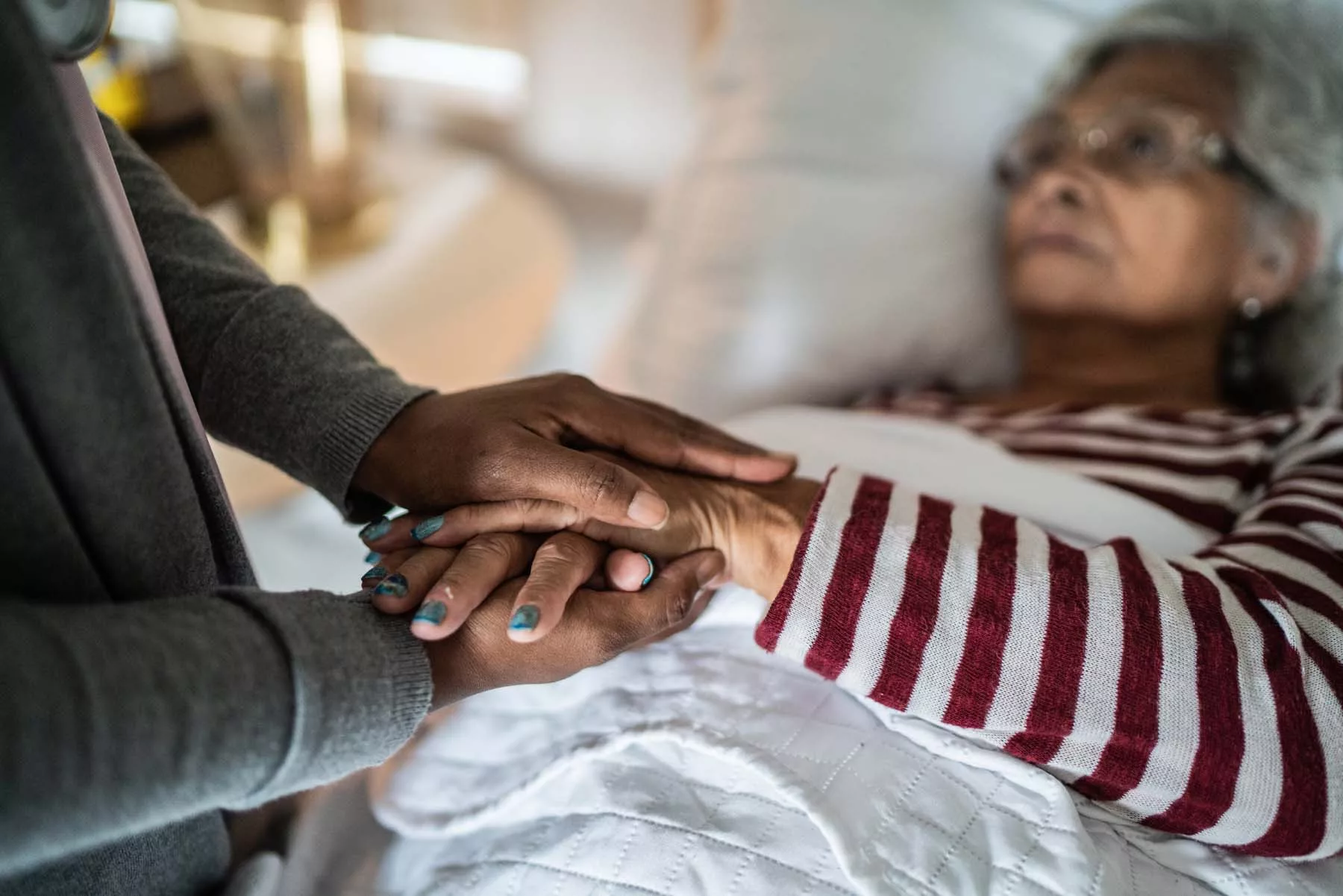Prepaid funeral plans
Benefit from peace of mind and arrange the send-off you want by paying for funeral director services in advance, avoiding potential future increases in these costs.
This website will offer limited functionality in this browser. We only support the recent versions of major browsers like Chrome, Firefox, Safari, and Edge.
Everyone feels better when the future is more certain. No one wants to imagine a day when they’re unable to make their own decisions. Taking the time now to think about how you would like to be cared for, and to make a plan should that day arrive, can be reassuring.
If you reach a point where you need assistance on a regular basis, where would you prefer to be cared for?
Think about the actions you’d like loved ones, carers or healthcare professionals to take on your behalf if you were to lose the mental capacity to make and communicate decisions for yourself.
You can record your wishes in different ways, including:
Making your wishes clear gives the best chance of avoiding any future misunderstandings or needless anxiety for the people you care about most.
Additionally, if organ donation is important to you, it’s worth clarifying your thoughts on it now.
Once you’re happy with your plan, take a moment to not only verbally communicate all your wishes to your loved ones and any carers, but also to write everything down and make sure everyone knows where to find the relevant documents,

To make things a little easier for you, we’ve compiled a list of some of the local care homes in Berkshire and South Oxfordshire.
Benefit from peace of mind and arrange the send-off you want by paying for funeral director services in advance, avoiding potential future increases in these costs.
Email or call us with your questions, queries and requirements. For urgent assistance, call us on 0118 957 3650 24 hours a day, seven days a week.